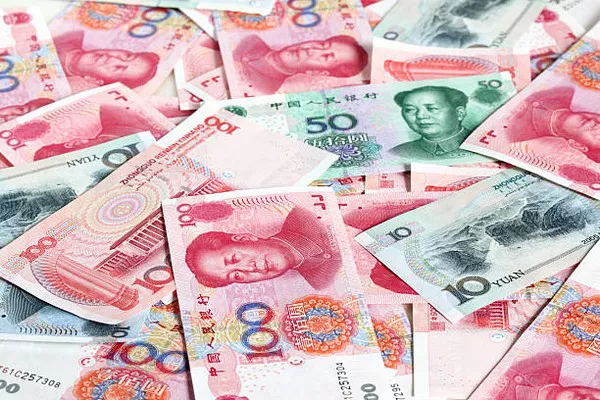The Chinese currency, officially known as the Renminbi (RMB), has evolved into a global economic player, underpinning China’s economic ascent on the world stage. As the second-largest economy, questions regarding the stability and backing of the RMB have become increasingly pertinent. Understanding what supports the Chinese currency is crucial for investors, policymakers, and global financial markets. In this article, we delve into the various factors that serve as the bedrock for the RMB’s stability and resilience.
Foreign Exchange Reserves:
China boasts the world’s largest foreign exchange reserves, a substantial portion of which is held in U.S. dollars. As of the latest data, China’s foreign exchange reserves stand at over $3 trillion. These reserves act as a buffer against external economic shocks, providing stability to the RMB. The diversification of these reserves into various currencies and assets adds an extra layer of security, reducing vulnerability to fluctuations in any single currency.
Trade Surpluses and Economic Strength:
China’s consistent trade surpluses have contributed significantly to the stability of the RMB. The nation’s robust manufacturing sector, coupled with its position as the world’s largest exporter, has resulted in a consistent inflow of foreign exchange. This influx of currency strengthens the RMB and bolsters China’s economic standing globally. A robust and growing economy provides confidence to investors and international markets, further supporting the stability of the Chinese currency.
Gold Reserves:
Gold has long been considered a store of value and a hedge against economic uncertainties. China has steadily increased its gold reserves in recent years, signaling a strategic move towards a more diversified and secure backing for the RMB. A gold-backed currency adds an additional layer of confidence for both domestic and international investors, as it provides intrinsic value to the currency.
Monetary Policy and Central Bank Control:
The People’s Bank of China (PBOC) plays a pivotal role in maintaining the stability of the RMB through effective monetary policy. The central bank employs a range of tools, including interest rates and reserve requirements, to control inflation and manage the currency’s value. The PBOC’s ability to implement prudent monetary policies contributes to the RMB’s stability and fosters confidence in its reliability.
Bilateral Currency Agreements:
China has been proactive in establishing bilateral currency agreements with various trading partners. These agreements, often denominated in RMB, facilitate international trade and reduce dependency on the U.S. dollar. By fostering direct currency swaps and settlements, China seeks to enhance the global use of the RMB, reducing its reliance on external currencies and promoting the internationalization of its own.
Financial Market Reforms:
China has been gradually opening up its financial markets to foreign investors, providing access to its bond and equity markets. The inclusion of the RMB in international indices, such as the International Monetary Fund’s Special Drawing Rights (SDR), has increased its prominence on the global stage. These reforms not only attract foreign capital but also enhance the RMB’s liquidity and credibility in international markets.
Technological Advancements and Digital Currency:
China has been at the forefront of technological innovations in finance, with the development of the digital yuan being a prime example. The digital currency electronic payment (DCEP) initiative leverages blockchain technology and is backed by the Chinese government. While the digital yuan is still in its early stages, it represents a forward-looking approach that aligns with China’s commitment to staying ahead in the global economic landscape.
See Also The Pros & Cons: Should I Invest in the Chinese Yuan?
Conclusion:
The stability and strength of the Chinese currency, the Renminbi, are underpinned by a multifaceted framework that combines prudent economic policies, substantial foreign exchange reserves, gold holdings, and strategic global partnerships. China’s commitment to financial market reforms, technological advancements, and the development of a digital currency underscores its proactive approach to adapting to the evolving landscape of global finance.
As the world continues to witness China’s economic prowess, understanding the pillars supporting the RMB becomes paramount for investors and policymakers alike. With a resilient foundation and a strategic vision, the Renminbi is positioned not only as a domestic currency but as an influential player in the international monetary system.


